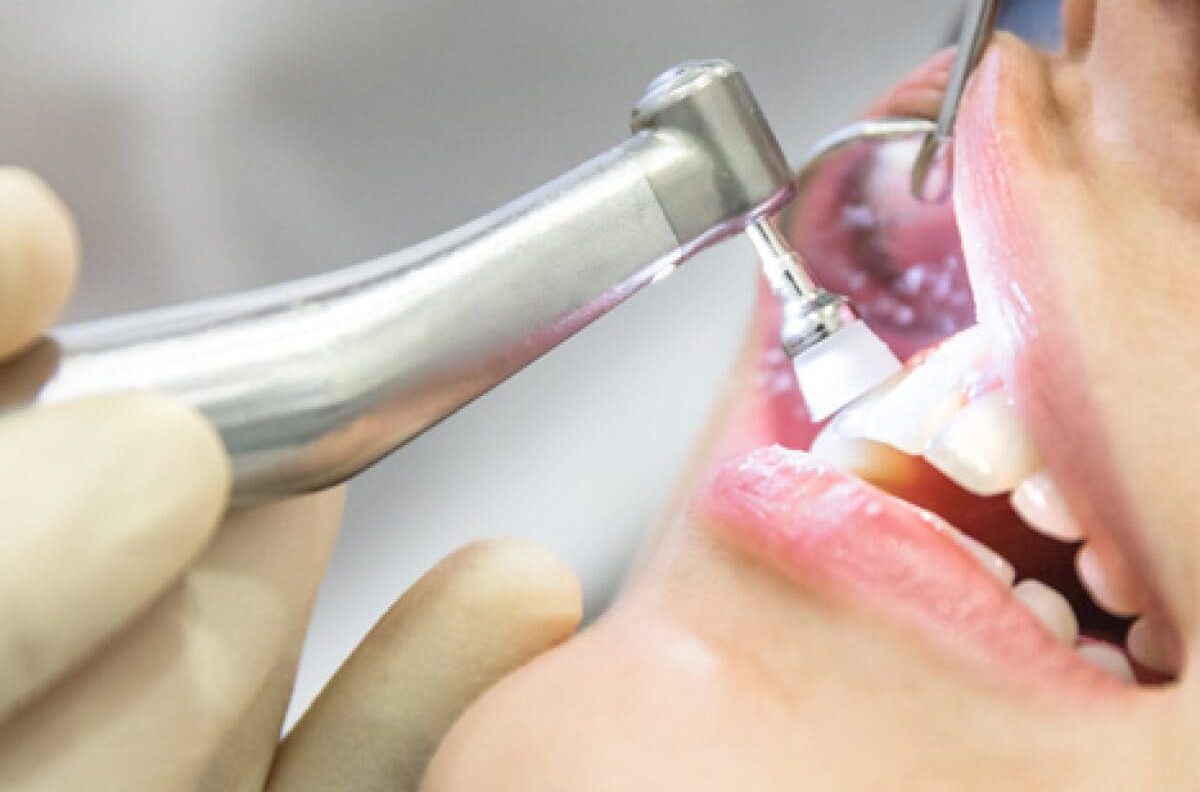IS TEETH CLEANING PAINFUL?
Teeth cleaning can be uncomfortable for some people, but it should not be painful. During a professional tooth cleaning, a dental hygienist will use special tools to remove plaque and tartar buildup from your teeth and gums. While this process may cause some mild discomfort or sensitivity, it should not be painful. If you experience pain during teeth cleaning, it is important to let your dental hygienist know right away. They can adjust their technique or use a different tool to make the process more comfortable for you. In some cases, underlying dental issues may be causing the pain, and your dentist may need to address these issues before proceeding with the cleaning. It is also important to maintain good oral hygiene habits at home, including brushing and flossing regularly, to help prevent the buildup of plaque and tartar and make future teeth cleanings more comfortable.
Will teeth cleaning hurt you? That depends on a couple of different things. Discover what happens during a dental cleaning, whether you will feel pain, and how to avoid dental cleaning pain by reading on.
WHAT HAPPENS DURING DENTAL CLEANING CONSULTATION?
During a dental cleaning consultation, a dental professional, such as a dentist or dental hygienist, will typically review your medical and dental history, as well as any concerns or issues you may be experiencing with your oral health. The dental professional will then perform a comprehensive dental exam, including an evaluation of your teeth, gums, and other oral tissues. This may include taking X-rays to detect any underlying dental issues that may not be visible to the naked eye.
After the exam, the dental professional will typically perform a dental cleaning, which involves the removal of plaque and tartar from your teeth using specialized dental tools. They may also polish your teeth to remove any surface stains and help prevent future buildup of plaque and tartar. During the cleaning, the dental professional may offer guidance and advice on how to improve your oral hygiene routine, including proper brushing and flossing techniques, and recommendations for oral care products. Overall, a dental cleaning consultation is an opportunity to assess your oral health and receive guidance on how to maintain healthy teeth and gums.
Dental hygienists frequently do teeth cleanings. They will initially use a small mirror to look into your mouth to check for any indications of gingivitis (inflamed gums) or other possible problems. Your hygienist will use a tiny metal scaler to remove tartar from your teeth during the cleaning, both above and below the gum line. To remove plaque and tartar, they could also employ an ultrasonic vibrating handpiece. Your teeth will be polished to eliminate stains once the hygienist has cleared them of tartar.


